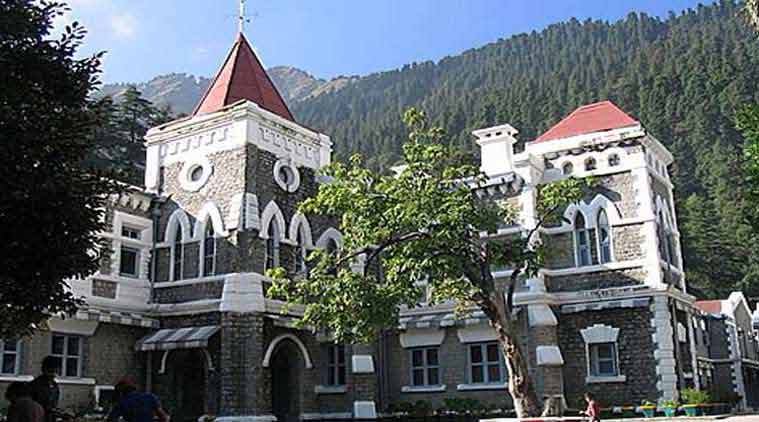 Uttarakhand High Court
Uttarakhand High Court
The Uttarakhand High Court on Friday expressed discontent with the state government’s approach in dealing with issues pertaining to wildlife conservation in protected areas, including the Corbett Tiger Reserve (CTR) and Rajaji Tiger Reserve, and warned that it would denotify the protected areas if elephant and tiger protection and relocation of Van Gujjars continued to be sidelined.
“If you cannot protect tigers and elephants, then we will ask the Central government to denotify the protected areas (including national parks, wildlife sanctuaries, and tiger reserves in Uttarakhand),” acting Chief Justice Rajiv Sharma warned the state government.
A division bench of justices Sharma and Lok Pal Singh had earlier asked the state government to file affidavits pertaining to the pending issues of formation of a Special Tiger Protection Force, relocation of Van Gujjars from Corbett and Rajaji tiger reserves, and protection of elephants.
An order issued by the high court on Thursday stated: “We are disturbed and perturbed about the manner in which the state government is filing the affidavit to protect the wildlife. The wildlife may not survive in the state after 15-20 years. Thus, in order to save the wildlife, we may be constrained to order relocating tigers and elephants from the state of Uttarakhand to better managed national parks and sanctuaries in other parts of the country.”
On Friday, the court once again lashed out at the state government for not forming a Special Tiger Protection Force (STPF), which, it said, was affecting the animal’s safety, especially in reserves.
“The court does not appreciate the manner in which the issue of constitution of STPF has been dealt with by the state,” the court order said.
It pointed out that an order for setting up the STPF was issued in 2014. “We are in 2018, but nothing concrete has been done except making correspondence and false promises to this court and the public at large.”
Referring to the relocation of Van Gujjars — a pastoral semi-nomadic community — the court order said: “We give a last opportunity to the state government to apprise the court how soon these Van Gujjars would be relocated since the affidavit filed by the Additional Chief Secretary on this issue was vague and evasive.”
Criticising the “tardy” approach in poaching cases, the court order directed the trial courts to “expedite and conclude the trials and civil suits within a period of six months… The district judges throughout the state are appointed as nodal officers to supervise the progress of trials and civil suits pertaining to poaching and unauthorised occupation in the forest areas”.
The court also directed the state government to identify elephant corridors and develop trenches along them. It also ordered the railways “to make underpass in the identified corridors so that the elephants would not get onto the railway tracks”.
The court directed that the train speeds along the Rajaji National Park must not exceed 25 km per hour. It also directed the railway ministry and the state forest department to use Satellite Space Navigation System to track elephant movement, especially along rail tracks.